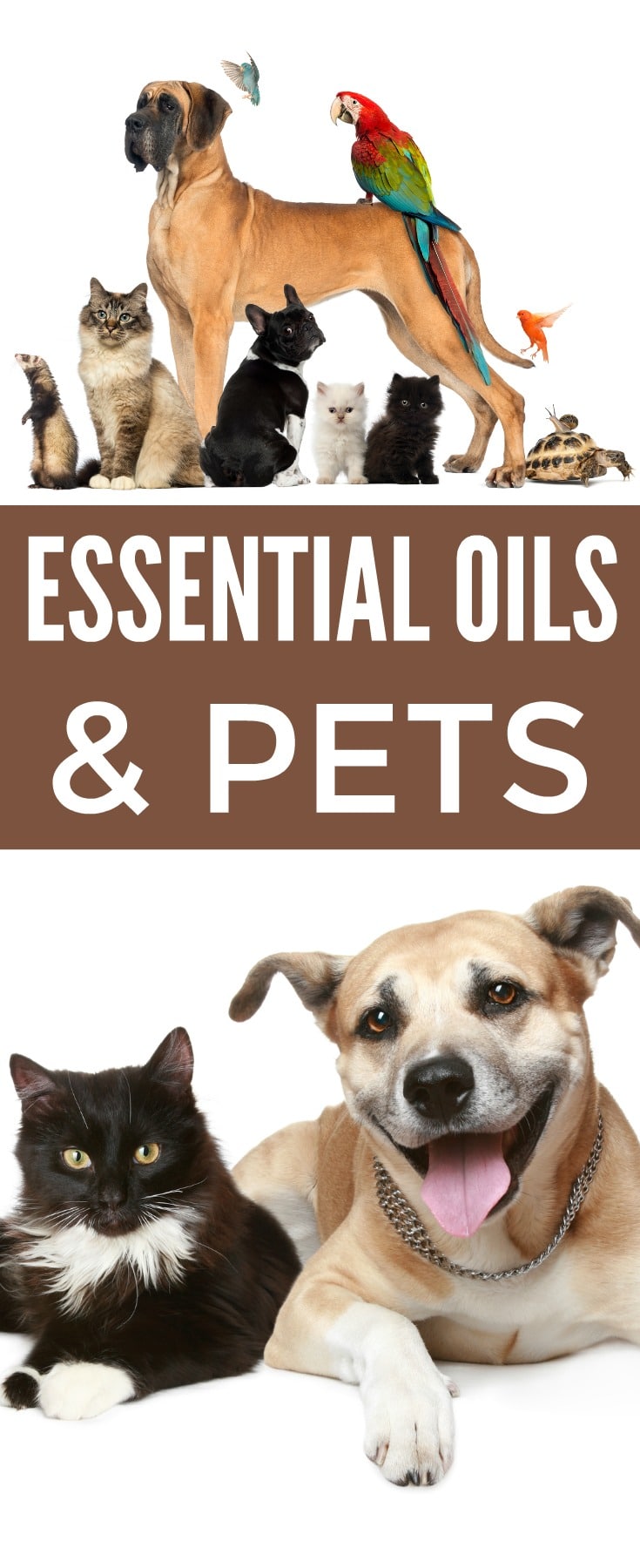Every pet owner would like to know that their pet is in good health and happy at all times. Making certain that the pet receives the necessary nourishment from whatever they consume is one method of achieving this objective. Some pets are averse to specific meals, and some pets may be allergic to certain foods as well. Furthermore, some pets may not be able to properly absorb essential nutrients such as fatty acids, which results in your cat not receiving a complete nutritional intake.
Fatty acids are a critical nutritional supplement for all dogs and cats, and they are referred to as 'Essential Fatty Acids' because they are so important. They are unable to be reproduced from non-fat sources such as protein or carbohydrate, and so must be delivered in the form of a dietary supplement.
Saturated fats and unsaturated fats are the two kinds of fats available. Unsaturated fats, sometimes known as "good fats," are found mostly in plant-based foods such as nuts, seeds, and oils, and are considered to be beneficial. Oils are the most convenient approach to supplement your pet's diet with nutrients since oils are different in their appearance in food.
Please see below for a list of essential oils that may be used to supplement your pet's everyday food with additional nourishment!
- OIL FROM FISH
Fish oil includes the omega 3 fatty acids eicosapentaenoic acid (EPA) and docosahexaenoic acid (DHA), which are necessary for human health (DHA). Dogs, in particular, require EPA and DHA to help reduce inflammation caused by arthritis. Fish oil has the greatest potential for supplying EPA and DHA. The best way to administer it is to provide a prescription diet that has high doses of omega-3 fatty acids, such as fish oil supplements or entire salmon.
A variety of fish oil supplements are available, including soft gel capsules as well as oral liquid solutions. Because an excessive quantity of omega3 fatty acids might create anticoagulant and gastrointestinal difficulties in your pet, it is important to examine the amount of omega3 fatty acids they are currently consuming through their normal food before administering the supplement. The usual dose for a dog is 1000 mg for every 30 pounds of body weight, while the average dose for a cat is around 30 mg per pound of body weight. It is advised that you speak with your veterinarian to determine the most appropriate dose for your dogs.
Anti-coagulant properties of fish oils protect the heart and help to avoid cardiovascular disease. It also aids in the improvement of skin coats, which is particularly beneficial in allergy-prone dogs. Fish oils have been shown to aid in the improvement of neuronal development and cognitive performance. Moreover, it gives relief from joint aches.
- COCONUT OIL is a kind of vegetable oil.
Coconut oil contains antibacterial and antiviral qualities that may be used to aid in the healing of cuts and wounds, among other things. The medium-chain triglycerides found in coconut oil have been shown to have long-lasting impacts on the cognition of aged canines. They improve brain function by supplying it with energy in the form of ketones, which helps it work better. It also contributes to the softness and lustre of your dog's coat. Coconut oil has been shown to aid digestion in dogs, as well as to alleviate the symptoms of colitis and other inflammatory bowel illnesses. Standard recommendations call for a dosage of one teaspoon per ten pounds of body weight.
- OIL OF OLIVE
Olive oil is extracted from the fruit of the olive tree. There are several different varieties of olive oils, with Virgin/Extra-Virgin oils having the highest concentration of nutrients.
Olive oil has significant concentrations of antioxidants, which help to activate the immune system. Anti-aging properties of olive oil for dogs include the prevention of free radical cell oxidation, which can contribute to premature ageing. Olive oil for dogs accelerates the weight-loss process by breaking down the fat stored within fat cells, removing abdominal fat, and improving insulin sensitivity in the dog's body. It also has the additional benefit of preventing and reducing the risk of heart disease and sugar associated diseases.
- OIL OF SUNFLOWER
Your pet's food should include a sufficient quantity of omega-6 fatty acids, and sunflower oil provides just that. In addition, it has less saturated fat when compared to animal fat. It should be used with food that has been prepared at home. Generally speaking, a medium-sized dog can consume up to one teaspoon of omega-6 each day, which amounts to around 8 g of omega 6.
As a result of the moisturising effects of sunflower oil on dogs' skin, they retain a healthy coat and skin. This supplement also helps to improve energy, a strong immune system, a healthy heart, and proper organ function.
- OIL OF COD LIVER
A form of fish oil that is obtained from the livers of cod fish, cod liver oil is known as cod liver oil. It has a high concentration of omega-3 fatty acids, as well as vitamins A and D, among other nutrients. It is included in the dog's diet when an inflammatory condition such as hepatitis, arthritis, or another similar condition is identified. Cod liver oil is offered in two different forms: liquid and capsule. An overdose of cod liver oils may cause nausea, vomiting, diarrhoea, and other symptoms.
There are so many alternatives available that it may be difficult for any pet owner to decide which edible oil to use for their pet. Consequently, it will not be a terrible idea to consult your veterinarian before introducing any edible oil into your pet's food.



0 Comments